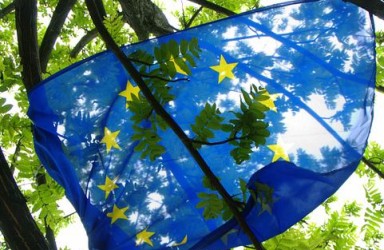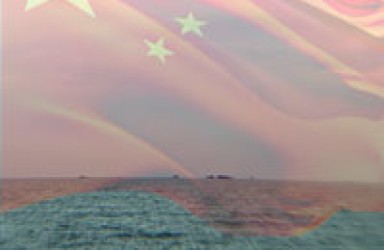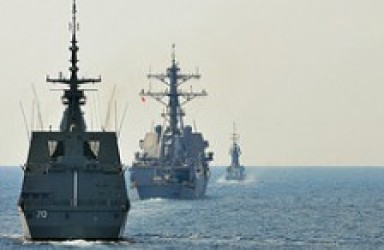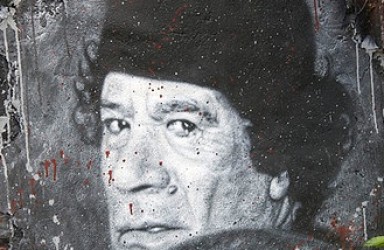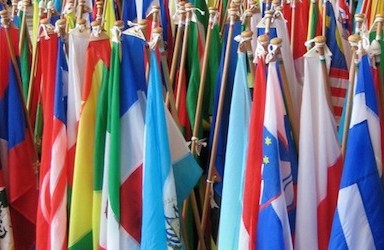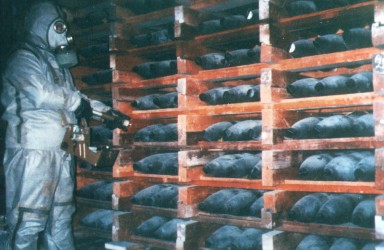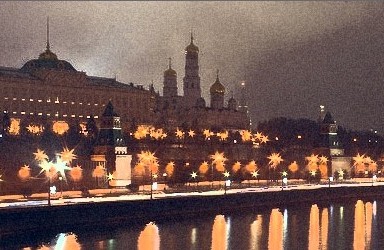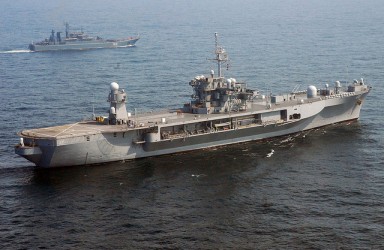The new Russian military doctrine: more of the same?
The long-awaited publication of the Military Doctrine of the Russian Federation in February 2010 was the result of years of debate within the Russian military and political establishment. It outlines a post facto legitimization of Russia’s role in the August War against Georgia in 2008 and of other initiatives adopted by Moscow in the field of international security in the new century
Is Ideological Competition in Europe Necessary?
Western Europe’s alienation from its own Byzantine roots has done much to perpetuate Cold War divisions in people’s minds, long after they have disappeared from the political map. Ideological competition is not only unnecessary, it is a dead end. Envisioning an integral Europe that includes Russia has proved to be no easy task. It can be made somewhat easier, however, by regarding it as process of mutual rediscovery
China’s Leisurely Aircraft-Carrier Ambitions
The enduring mismatch between the US and Chinese fleets is no guarantee of an equally lasting US naval supremacy in the Western Pacific and the Indian Ocean. Beijing is pursuing imaginative antiship missile technology. If rocketeers stationed ashore can keep the US Navy out of important waters, the Chinese Navy can accomplish its goals, even with an inferior fleet.
South China Sea – Old Worries on The Rise
The territorial disputes concerning the Spratly and Paracel Islands and adjacent waters are still unresolved. Recently, incidents between Vietnamese seismic survey ships and Chinese coast patrols are a reminder of the conflict potential these border disputes inherit. After a phase of relative easiness among the claimants to the South China Sea islands, these newly heightened tensions cause rising worries in the region and abroad.
Putin Returns
Putin will remain in power until 2024, barring assassination or revolution, and will become Russia’s longest ruling leader since Stalin. He is not known for his willingness to compromise or surrender Russia’s imperial gains, suggesting that a new time of troubles is looming on the horizon. This will indicate whether the West still sees Russia as a political part of Europe or has concluded that the country cannot be changed and the days of democratization have become a historical footnote.
What role for the EU in the new Libya?
Perhaps, looking back at the EU’s performance in the Libyan crisis in five years’ time, the best lesson to (re-) learn is that the EU is not good at hard security policy, but does a very decent job when the task is about dealing with the aftermath of conflict. Stable democracies cannot be built on the battlefield. They require a whole different set of capabilities than what NATO can offer.
Dawn Of A New Era for the Forgotten Issue of Statelessness
2011 marked the culmination of a range of developments at national, regional and global levels which indicate that there is not just every reason for states to want to do more to address statelessness, but also that something can be done about it.
Turkey’s Concerns on Syrian WMDs
Syria is different to all other countries hit by the Arab Spring. The international community’s main security concern should be the fate of Syrian WMDs.
Europe in Russia’s Academic Discourse: Unlocking the Plurality of Interpretations
The political positioning of Russia as a European country has never been seriously challenged in Russian political discourse, which asserts Russia as a European country in terms of its history, culture and identity. Yet, relations with European countries are marked by a series of crises.
Reviving the Russian Navy
With so much focus placed on China, it has become easy to forget another great East Asian power – Russia. The Kremlin plans to get back its naval power, to do it efficiently, and to become geopolitically relevant once more.

